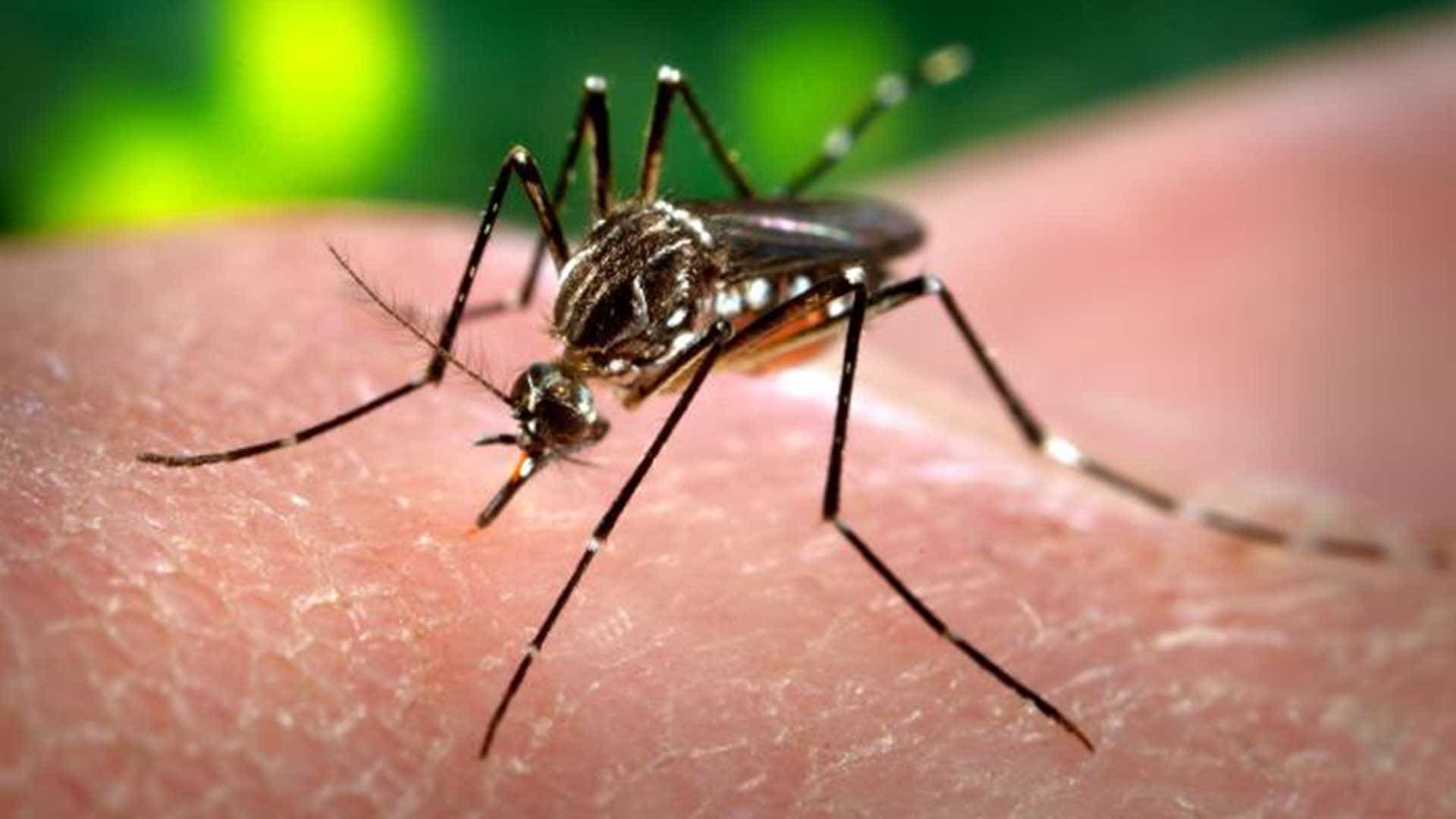Contents:
- Medical Video: Depression Risk Factors | Child Psychology
- What causes depression in children?
- How to prevent depression in children?
- 1. Recognize the risk of depression in your child
- 2. Protect your child from depression
- When should the child be taken to a doctor?
Medical Video: Depression Risk Factors | Child Psychology
Most adults see that childhood is a happy time and there are no problems that can be stressful. They are free from thoughts about work, family, finance, and other things that adults normally think. However, it turns out that not all children who we might think have no problems are happy.
"Depression can occur in children. There are 3-5% of children and adolescents who suffer from depression, "said Dr. David Fassler, a mental health specialist.
A study was posted on The Lancet shows that mental health problems are ranked top of the list of health problems experienced by children. Depression in children is often not detected and not treated. Even if not treated, depression can become increasingly severe.
What causes depression in children?
Depression results from an imbalance of neurotransmitters (chemicals that function to deliver information between one nerve cell to another). One of the roles of these neurotransmitters is to regulate the mood.
There are many other factors that can increase the risk of depression in children. Heredity is one of the factors that can increase the risk of depression in children.
Doctor Fassler said that if a child has one parent who suffers from depression, the child has a 25% risk of suffering from depression later on. If both parents suffer from depression, the risk can reach up to 75%.
Family problems and problems in their environment also affect the occurrence of depression. In addition, if the child has a traumatic event such as violence, abuse, and neglect the child will have an increased risk of depression.
How to prevent depression in children?
1. Recognize the risk of depression in your child
If you want to prevent children from depression, the most important thing is to find out if there are risk factors for depression in your child. As mentioned earlier, several risk factors for depression in children include heredity, problems in the family and in the environment, and traumatic events that a child may experience.
2. Protect your child from depression
The following are things that can be done to protect your child from depression.
- Create a stable life. Manage your child's schedule as well as possible.
- Have a good relationship. The relationship of children with parents, siblings, teachers, and the surrounding environment is important for children's development.
- Open relationships between children and parents. With openness, when a child is having a problem, he does not harbor himself but will tell you.
- Give encouragement and feedback positive for your child.
- Let children have various experiences in their lives. Children must learn to overcome disappointments in their lives and must be able to realize that a disappointment is not the end of everything.
- Find out and develop your child's talents.
- Consider preventive therapy. If you realize that your child is at risk of depression, you might consider taking preventive therapy in a group together with children who have similar problems.
When should the child be taken to a doctor?
You cannot really prevent depression in children. Even if you follow the advice given, the possibility of depression cannot be completely eliminated. If the child looks aloof, cries, tends to be quiet, and is easily offended, try consulting a pediatrician. With the right therapy, it is hoped that children can return to their pleasant childhood.












